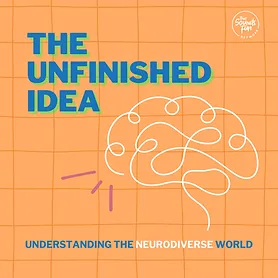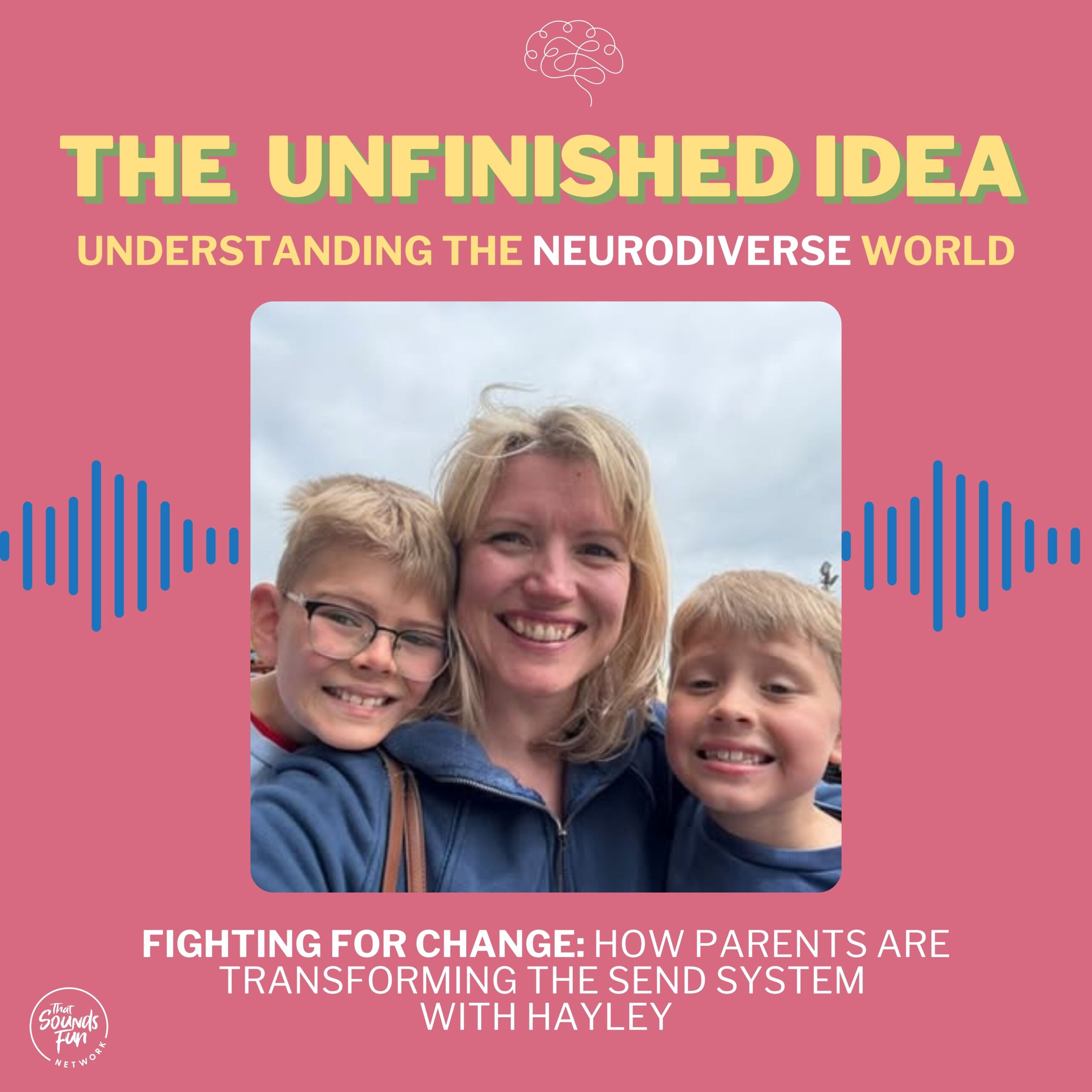What happens when a system designed to support children with additional needs fails them instead? Across the UK, families are facing rejected applications, endless bureaucracy, and years of waiting for vital services. Behind the statistics are real children, real parents, and stories of resilience and determination. Today we dive into the fight for fair education and support for neurodivergent children.
This week, Greer speaks with Hayley, a solicitor turned campaigner after her son was denied the support he urgently needed. What began as a personal battle soon grew into a national campaign, as Hayley discovered just how many families were being failed by the system.
In this conversation, Hayley shares:
Her personal journey navigating the EHCP process for her autistic son
How local authorities are rejecting thousands of children in need
The creation of the grassroots group Let Us Learn Too
Practical ways parents can advocate, both in the UK and beyond
Why changing the culture of SEND support is just as vital as changing the law.
TOPICS DISCUSSED
Special Educational Needs & Disabilities (SEND)
EHCPs and IEPs (UK & US perspectives)
Parent advocacy and grassroots campaigns
Neurodiversity in education
Barriers families face in the school system
Government policy and SEND reform
Supporting children with autism and ADHD
Global perspectives on best practices in education
TAKEAWAYS FROM THIS EPISODE
Many families in the UK are experiencing EHCP rejections, with some local authorities rejecting over 60% of applications.
Hayley’s legal background didn’t shield her from the gaslighting, intimidation, and bureaucracy parents face—highlighting just how overwhelming the system is for most families.
Campaigns like Let Us Learn Too and the Fight for Ordinary movement are giving parents and children a louder voice in Parliament and beyond.
The most important shift needed? Moving from a “cost-saving” mindset back to a child-centered culture in education.
Parents everywhere—whether in the UK, US, or elsewhere—can start small: break down their child’s needs, connect with others, and advocate persistently.
Globally, there are models we can learn from—such as Ontario, Canada—showing that better systems are possible when we share best practices.

